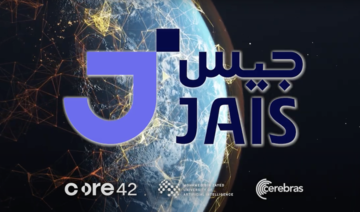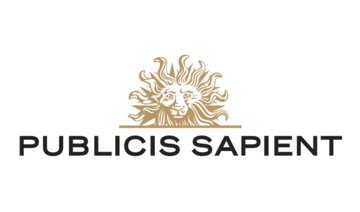DUBAI/LONDON: In yet another congressional hearing-turned-nail-biting drama, TikTok’s CEO was the latest global tech chief to take center stage before the US Committee on Energy and Commerce.
Shou Zi Chew, chief executive of perhaps the world’s most popular app, was in the same hot seat that previously hosted the likes of Meta’s Mark Zuckerberg and Twitter’s Jack Dorsey.
People from around the globe tuned in to see how Chew would justify and ensure US user data was safe and protected.

Rep. Kat Cammack (R-FL) question TikTok CEO Shou Zi Chew as he testifies before the US House Energy and Commerce Committee on March 23, 2023. (Getty Images/AFP)
TikTok’s Chinese roots are not just an issue for US citizens; “it impacts the world,” Giles Crouch, a digital anthropologist, told Arab News.
“While the Chinese government doesn’t own a majority share in TikTok, they do own what’s called a ‘golden share,’ so they have a seat at the board,” he added.
India has already banned the app entirely, while Canada, Belgium, Denmark, New Zealand, Taiwan, the UK and the US have banned TikTok on government devices. However, the app still operates fully across the Middle East.
In Saudi Arabia alone, a country with a majority youth population, the app has 26.39 million users — the most in the region. Iraq and Egypt both have more than 23 million users, while the UAE has almost 6 million.
 For five hours, bipartisan lawmakers grilled Chew over a range of topics, namely the claim that the Chinese Communist Party has access to TikTok user data, as well as fears over the platform’s algorithms and content that could have a potentially harmful impact on young people.
For five hours, bipartisan lawmakers grilled Chew over a range of topics, namely the claim that the Chinese Communist Party has access to TikTok user data, as well as fears over the platform’s algorithms and content that could have a potentially harmful impact on young people.
The questioning ended with a frustrated committee unsatisfied with Chew’s responses. The CEO, when given the chance to answer questions, often came across as evasive, resorting to “I’ll get back to you with specifics.”
Such hesitation and evasiveness has become a cause for concern among users and governments around the globe, with France taking the decision to ban the app on administrative phones just one day after the hearing.
“Our CEO, Shou Chew, came prepared to answer questions from Congress, but, unfortunately, the day was dominated by political grandstanding that failed to acknowledge the real solutions already underway through Project Texas or productively address industry-wide issues of youth safety,” a TikTok MENA spokesperson told Arab News, relaying the same response issued by the global company.
Last year, TikTok announced the $1.5 billion Project Texas initiative to protect the data of its US users. The plan, which is estimated to cost the company $700 million to $1 billion per year, hopes to address government concerns about user data privacy risks and content recommendations.
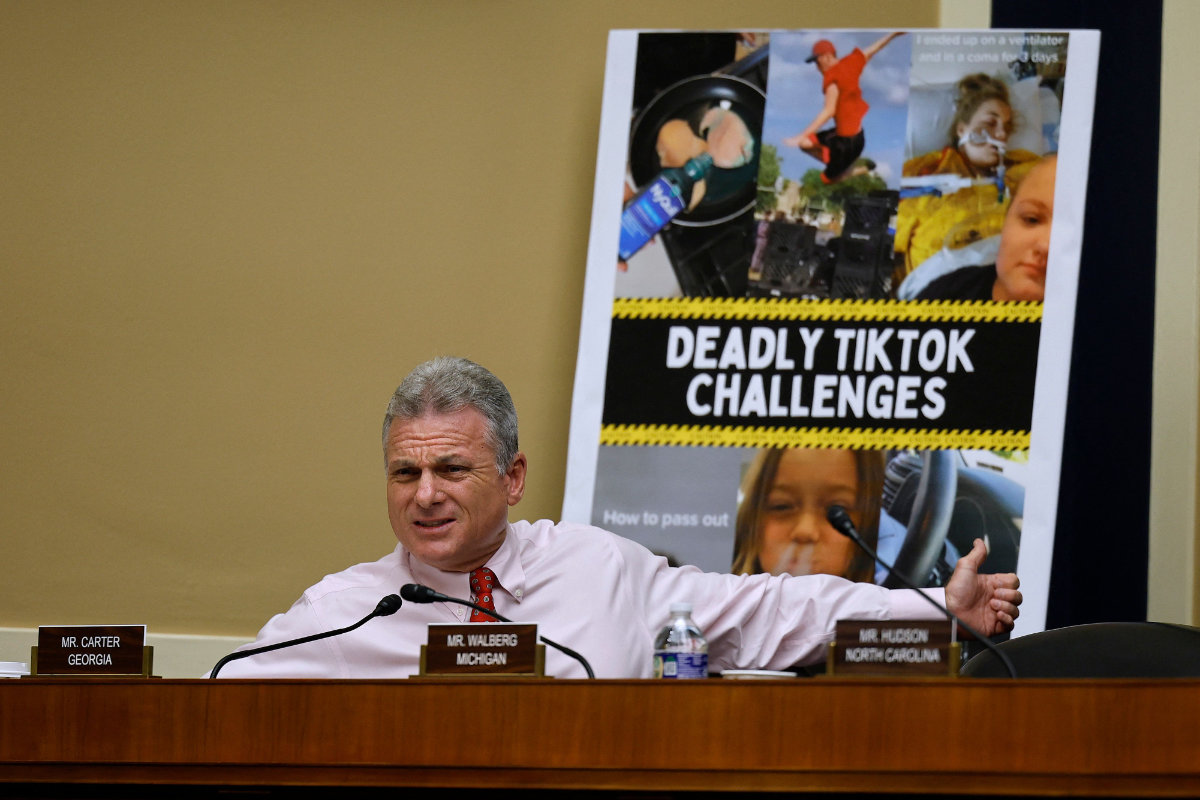
TikTok CEO Shou Zi Chew testifies before the House Energy and Commerce Committee on Capitol Hill on March 23, 2023. (Getty Images/AFP)
During the hearing, the committee questioned Chew about Project Texas, with some members asking how the $1.5 billion would be allocated. Other members remained skeptical of the project, as well as TikTok’s ability to truly safeguard US data.
Many, if not all, committee members seemed to believe that TikTok is essentially an arm of the Chinese government. Although Chew said that he has not seen any “evidence that the Chinese government has access to that data; they have never asked us, we have not provided it,” several members openly voiced their disbelief.
“I find that actually preposterous,” said Congresswoman Anna Eshoo.
In a recent column, however, Al Arabiya News Channel’s Mamdouh Al-Muhaini claimed that “both arguments (of spying and propaganda spreading) are absurd and lack conclusive evidence. Rather, they are being used merely for political blackmail — to force China to make concessions amid international conflict between Beijing and Washington.
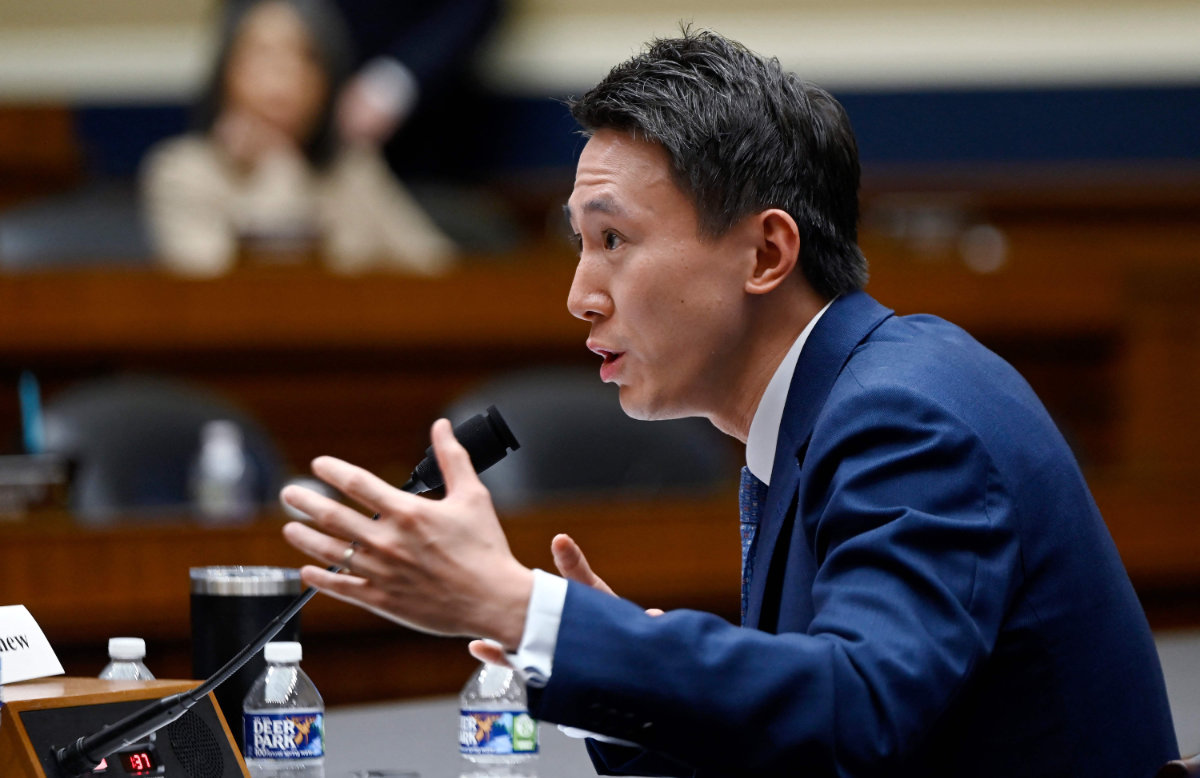
TikTok CEO Shou Zi Chew testifies on the platform's consumer privacy and data security practices and impact on children during a hearing of the House Energy and Commerce Committee on March 23, 2023. (AP)
“The war on TikTok comes in the context of the race between America — and the West — and China. In a war for influence, brains and hearts, all weapons, accusations and pretexts can be used,” he said, adding that the app was “being used as a device in the (US-China) cold war.”
An FBI and Department of Justice investigation into TikTok’s ability to spy on US citizens also undermined Chew’s case. Last year, parent company ByteDance confirmed that its employees used TikTok to track and obtain the IP addresses of multiple US journalists covering the app.
Yet, when Congressman Neal Dunn asked Chew if ByteDance is spying on US citizens, the CEO shakily replied: “I don’t think that spying is the right way to describe it.”
The Chinese minister of foreign affairs held a press briefing the following day, with a spokesperson saying: “The Chinese government has never asked and will never ask any company or individual to collect or provide data, information or intelligence located abroad against local laws.

AFP illustration image
“The US government has provided no evidence or proof that TikTok threatens US national security, yet it has repeatedly suppressed and attacked the company based on the presumption of guilt.
Foreign Ministry Spokesperson Mao Ning added that the US should “respect the principles of a market economy and fair competition, stop suppressing foreign companies and provide an open, fair, just and non-discriminatory environment for foreign companies operating in the US.”
While a plethora of countries in the West chimed in on the debate, governments across the Middle East have largely stayed silent.
In a previous interview with Arab News, Saudi cybersecurity expert Abdullah Al-Jaber said that concerns over TikTok’s data security stemmed from the app’s country of origin as well as Chinese rules and regulations.
“If you use Facebook or Twitter, it’s not much different than using TikTok,” he said.
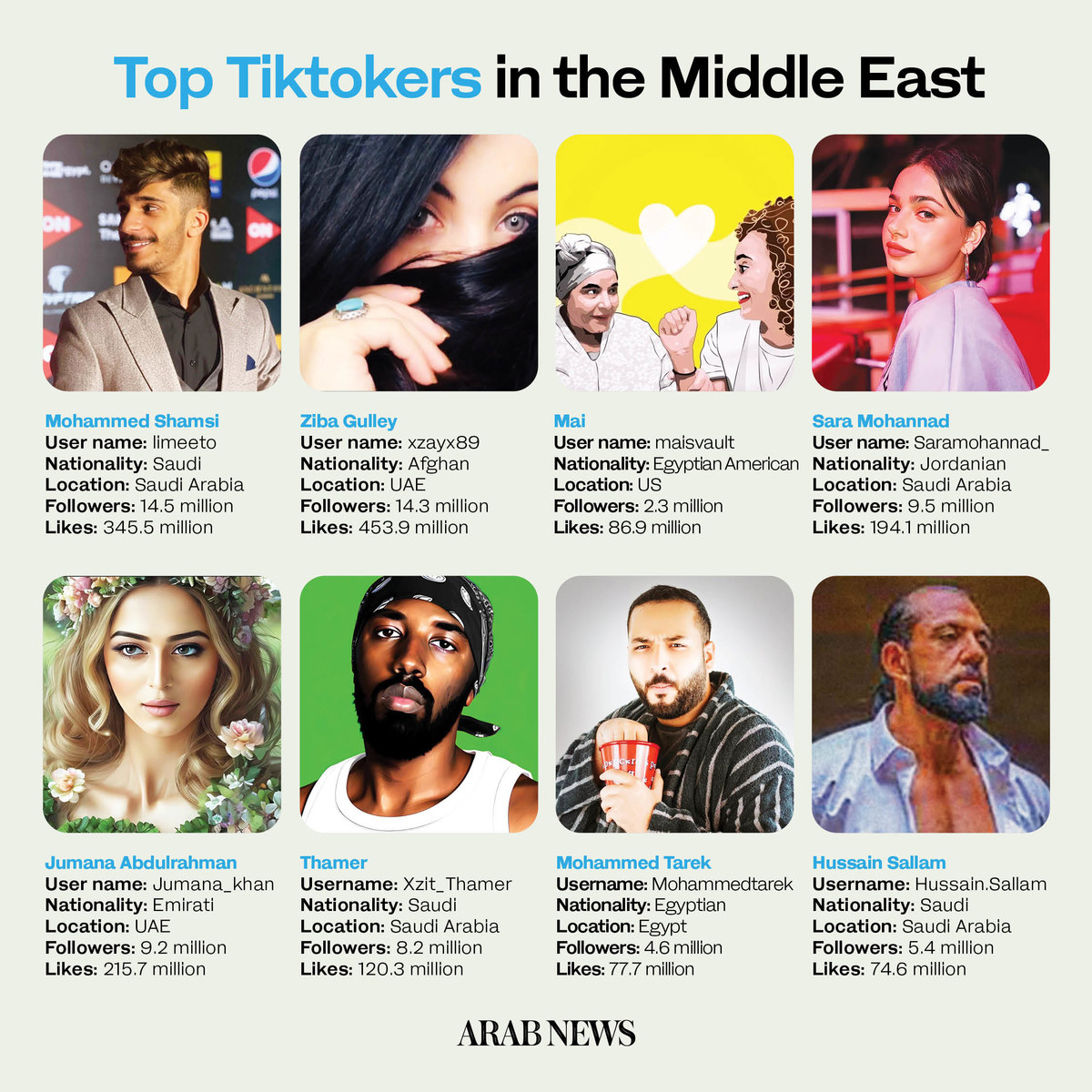
Apart from the focus on spying and data collection, members of congress also grilled the TikTok CEO over the platform’s algorithms for content suggestions and discovery, particularly among vulnerable audiences. Members asked why certain content is allowed to be published on the platform — unlike on China’s sister app Douyin, which is heavily censored.
“TikTok can be very good for kids but the way it’s used in China is very different from the way it’s used in the rest of the world — what kids are seeing in Riyadh or Dubai is very different from what they’re going to be seeing in Beijing,” said Crouch, the digital anthropologist.
Douyin features “very positive and uplifting content” that encourages “doing good for the community, helping one another and being very sociable,” he added.
But in other countries, “they (TikTok) literally use algorithms which manipulate young kids’ minds so they get served with content that is mindless, often negative, and can be disturbing to those minds,” Crouch said.
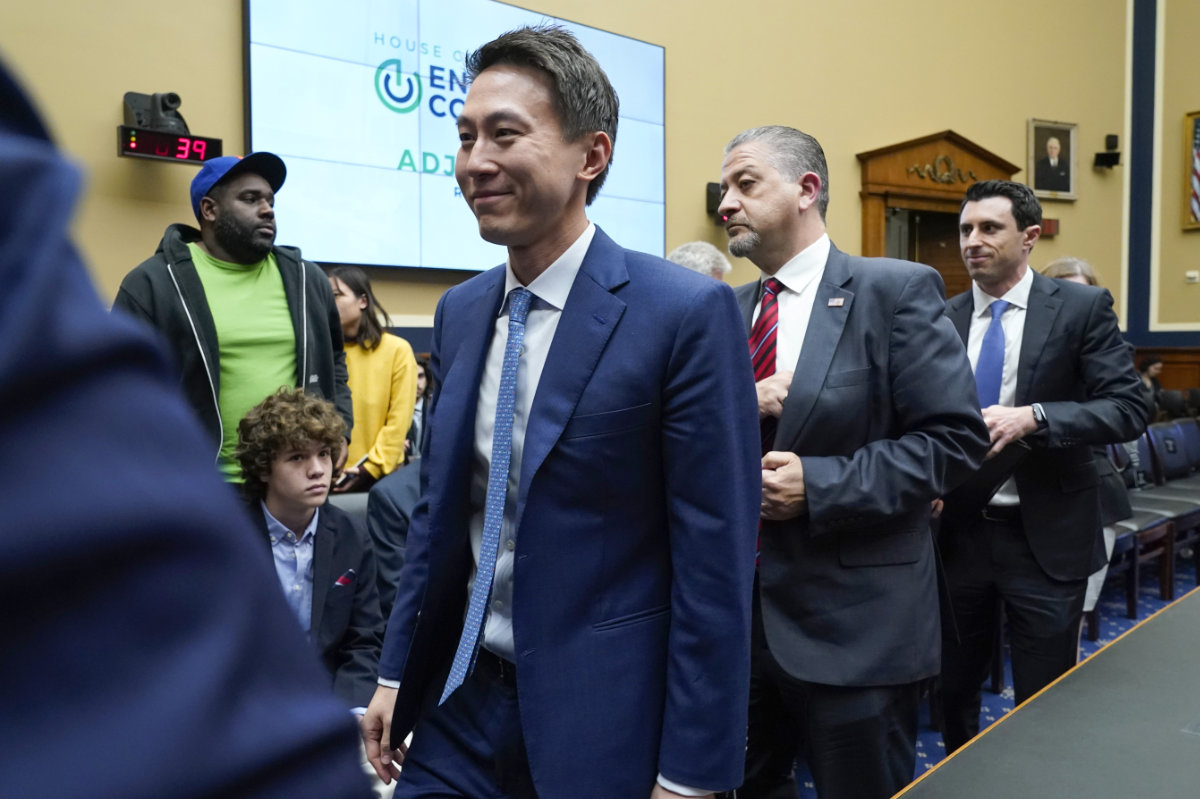
ikTok CEO Shou Zi Chew departs after testifying during a hearing of the House Energy and Commerce Committee on March 23, 2023, in Washington. (AP Photo)
Chew attributed the contrast in content on TikTok and Douyin to the different laws in each country. That argument is true to some extent, because the Chinese government does have more control over content posted on domestic platforms.
“They put the controls in place in China to stop kids from being overly stimulated,” said Crouch. But “they just don’t care for the rest of the world because they’re out to make money.”
In some aspects, including dangerous content, TikTok is very much like any other social media company, many of which originated in Silicon Valley — a fact acknowledged by some members of the committee.
Senior executives from Meta, Twitter and Google have all appeared before US Congress in an attempt to allay concerns over data, privacy and moderation.
However, as Congressman Dan Crenshaw said in the hearing, all social media companies collect personal data and could use it to “influence narratives and trends, create misinformation campaigns, encourage self-destructive behavior, purposefully allow drug cartels to communicate freely and organize human and drug trafficking.”
But the difference is that “it’s only TikTok that is controlled by the Chinese Communist Party.”
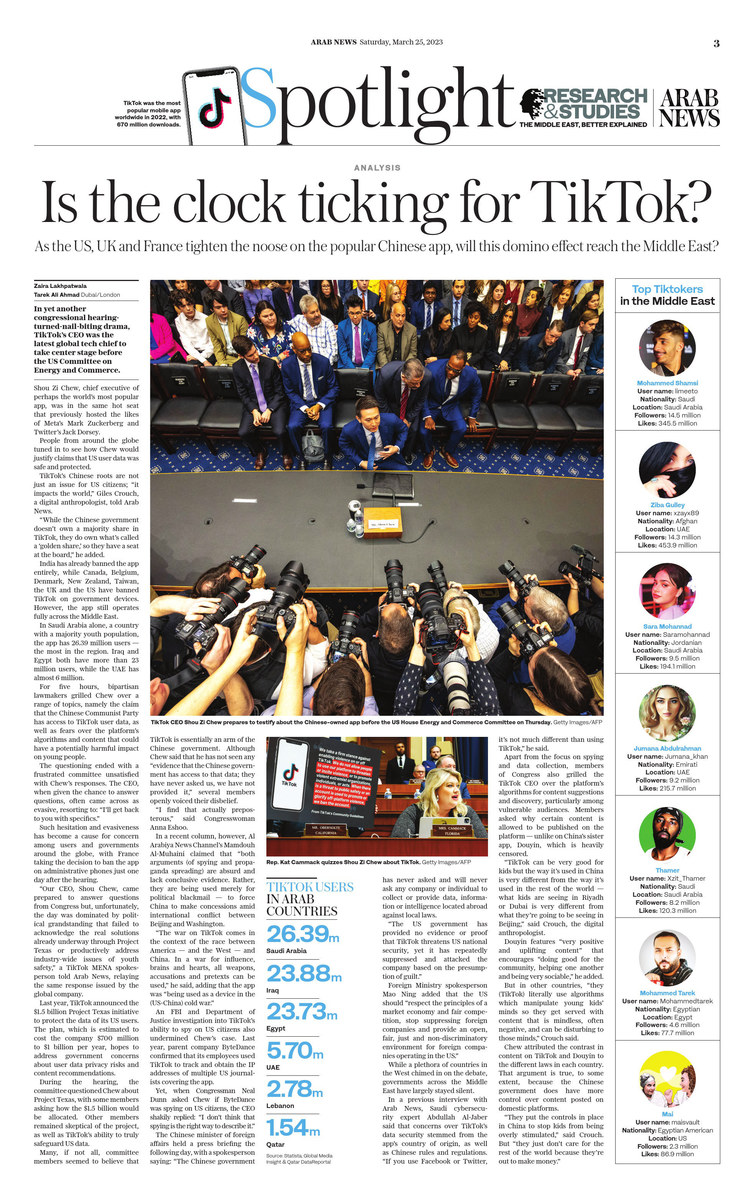




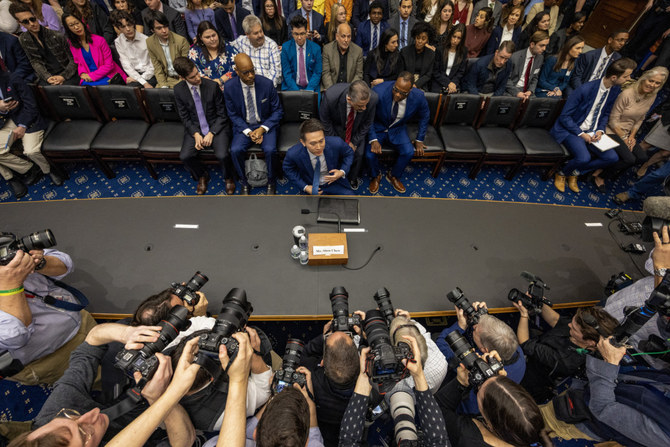
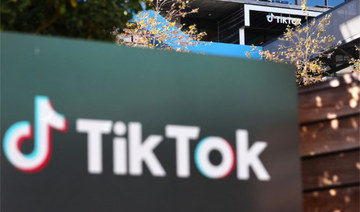


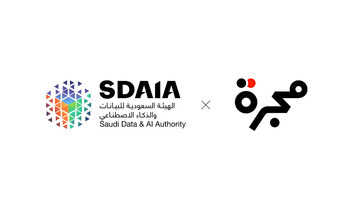
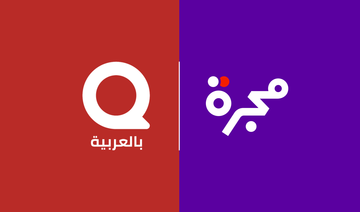

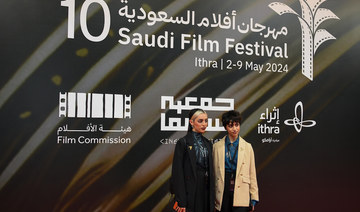

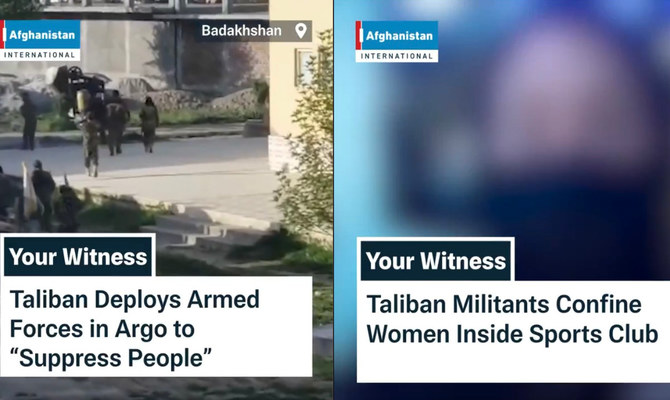
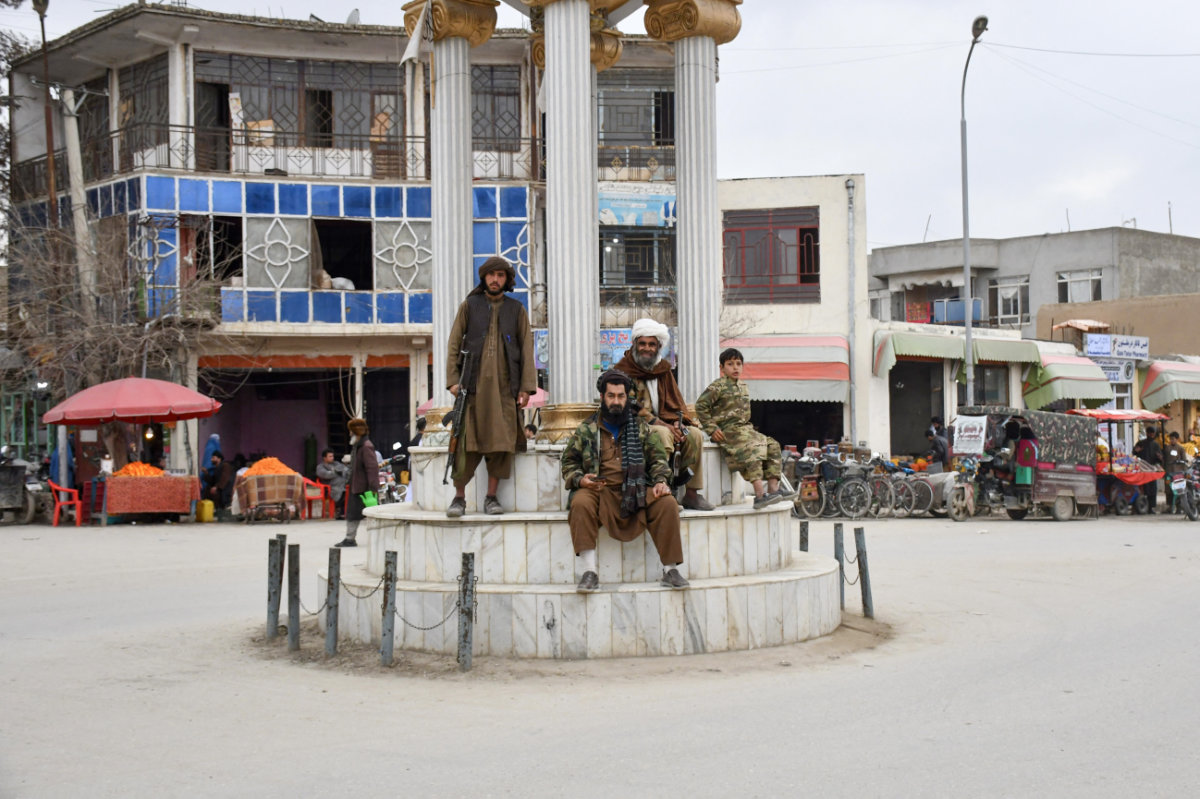
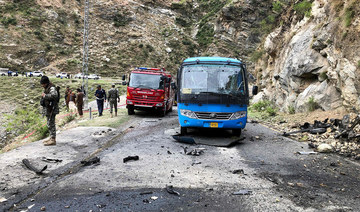
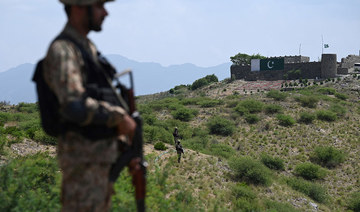
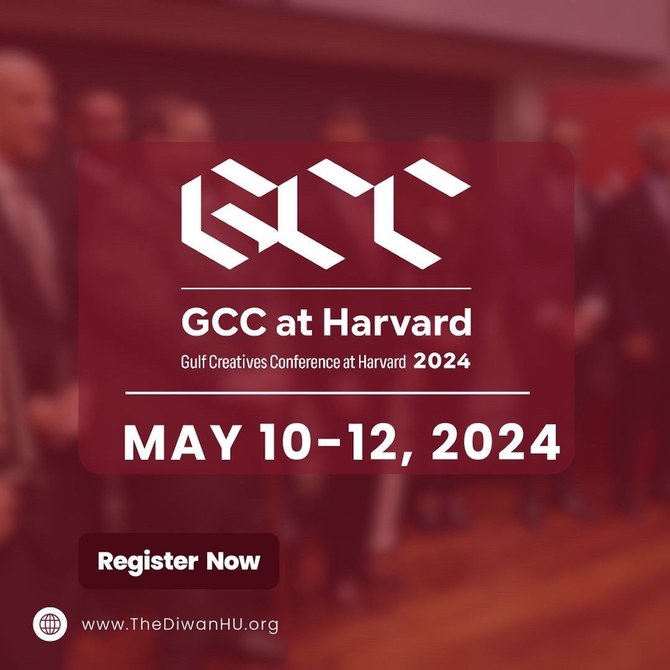
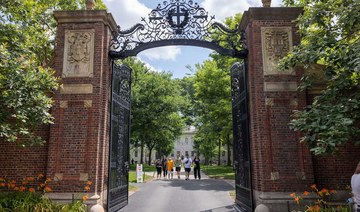
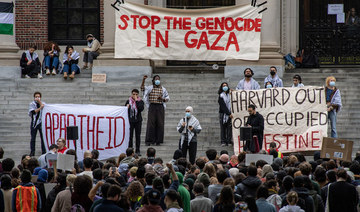
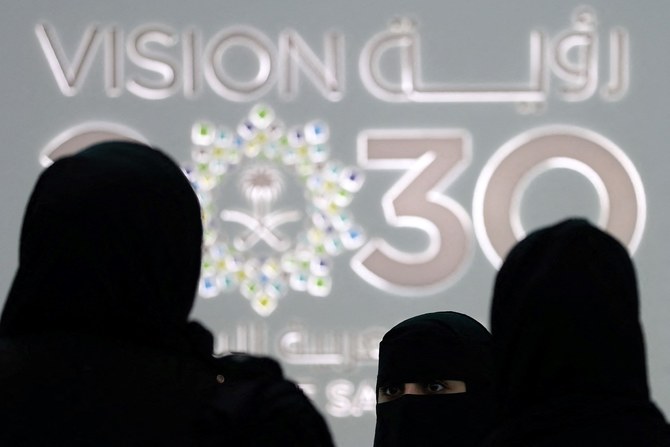
 Staffing the new office is a “critical aspect of our expansion strategy” and the company is currently focusing on making “strategic hires,” including a new local senior management team, with the objective of ensuring “we have the right talent in place to meet the dynamic needs of our clients, driving our success not only in Riyadh, but across Saudi as a whole,” Leach said.
Staffing the new office is a “critical aspect of our expansion strategy” and the company is currently focusing on making “strategic hires,” including a new local senior management team, with the objective of ensuring “we have the right talent in place to meet the dynamic needs of our clients, driving our success not only in Riyadh, but across Saudi as a whole,” Leach said.